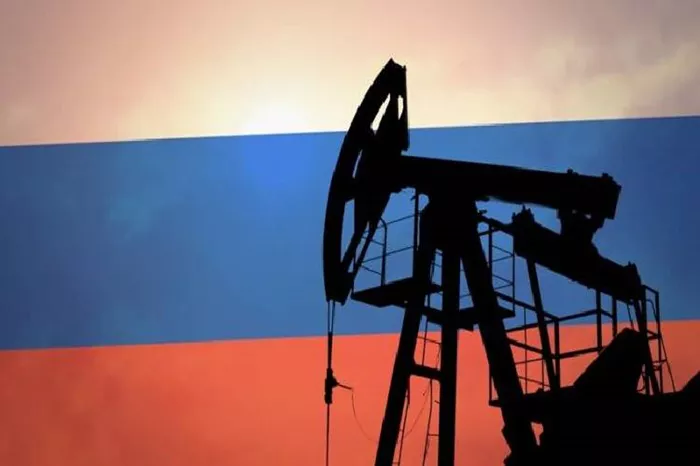The Russian government has reimposed a ban on gasoline exports, effective September 1 through the end of the year, in a bid to stabilize domestic fuel prices. This decision follows substantial increases in fuel costs driven by heightened summer demand and necessary maintenance at oil refineries, some of which have sustained damage from Ukrainian drone strikes.
Russia had initially imposed a fuel export ban starting March 1, but lifted it from May 20 to July 31, citing an oversupply in the domestic market as the reason. The renewed ban is aimed at preventing further price increases and ensuring adequate fuel availability within the country.
Notably, the export ban will not affect shipments made under intergovernmental agreements, including those with members of the Eurasian Economic Union such as Belarus, Kazakhstan, Kyrgyzstan, and Armenia. Official reports indicate that Russia produced nearly 44 million tons of gasoline in the previous year. The recent surge in retail gasoline prices has intensified economic pressures on the Russian populace, already strained by a weakening ruble amidst ongoing Western sanctions.
Related topic:
Number 2 Fuel Oil Vs Diesel: What Is The Difference?

